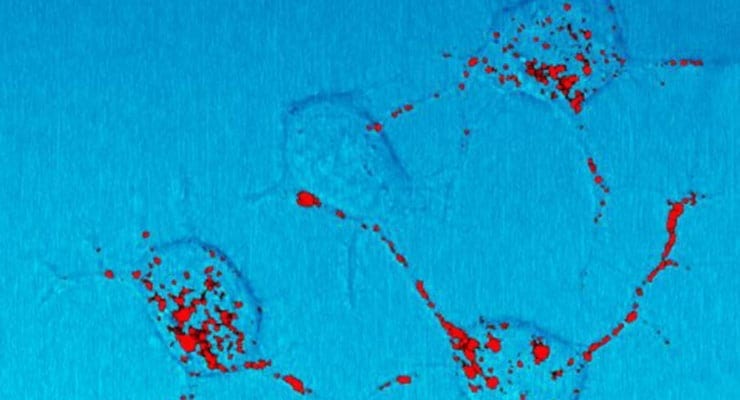The Centers for Disease Control and Prevention (CDC) has forecasted a cooperative agreement to continue enhanced national surveillance for human prion diseases in the United States.
The purpose of the funding is to continue an active surveillance program similar to that conducted by the National Prion Disease Pathology Surveillance Center (NPDPSC) since 1997 to monitor the occurrence of potentially emerging human transmissible spongiform encephalopathies (TSEs) in the United States.
In 1997, in collaboration with the American Association of Neuropathologists (AANP), the National Prion Disease Pathology Surveillance Center was established to enhance national Creutzfeldt-Jakob Disease (CJD) surveillance and to make possible laboratory investigation of newly emerging prion diseases. This pathology center, currently located at Case Western Reserve University in Cleveland, Ohio, provided the services of a cutting edge prion disease laboratory, filling a critical public health gap for monitoring prion diseases in humans.
Brain tissues and clinical laboratory information on clinically suspected and diagnosed cases of human prion disease have been evaluated at the NPDPSC for approximately 20 years to confirm diagnoses and determine the type of prion disease, including whether the patients had variant CJD or some other possible emerging prion disease in the United States.
The estimated total program funding for this effort is $17,500,000.
Continuing Enhanced National Surveillance for Prion Diseases in the United States. Centers for Disease Control – NCEZID. Estimated post application due date: 29 March 2022
READ ALSO:
Licensing Opportunity: Rapid Ultrasensitive Assay for Detecting Prions


